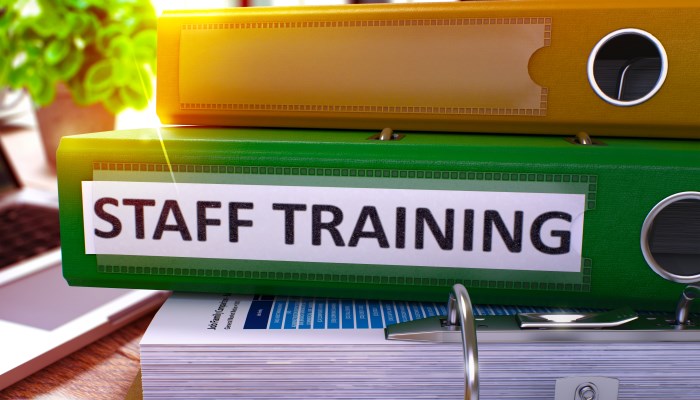The Minister for Immigration, Citizenship and Multicultural Affairs has recently agreed to a new category of accredited sponsor (category 5), as explained below.
Background
The Accredited Sponsor Scheme provides streamlined processing arrangements for those sponsors who apply to become accredited. Accredited sponsors receive priority processing for Temporary Skill Shortage (TSS) nominations and visa applications, with most applications processed in less than five days as well as priority processing for ENS (Employer Nomination Scheme subclass 186) and RSMS (Regional Sponsored Migration Scheme subclass 187) nomination and visas applications. The scheme has four categories of sponsors which are described below:
- Category 1: Commonwealth, state and territory government agencies with Australian workers making up at least 75% of the workforce in Australia.
- Category 2: Australian Trusted Trader with Australian workers making up at least 75% of the workforce in Australia.
- Category 3: Low volume usage and high percentage of Australian workers (at least 85%).
- Category 4: High volume usage and medium percentage of Australian workers (at least 75%).
For each of these categories there are a number of conditions that a business must meet to be accredited, such as requirements relating to minimum annual turnover, business structure and employment arrangements.
New Category 5: Major investment in Australia
A new Category 5 has been added to the Accredited Sponsor Scheme. In order to be accredited in this category applicants must:
- have made a major investment in Australia (of at least AUD50 Million) which has directly generated Australian employment. Options for measuring a “major investment” may include:
- a lasting contribution to Australia, including: the value of the investment, the company’s pattern of investment, jobs created, export outcomes generated, tax contribution; or
- innovative business practices or technologies, including: introducing new skills and capabilities, setting up research activities in Australia or collaborating with Australian research institutions; or
- supporting exports and the expansion of Australian industry within global supply chains, particularly in high value-add areas.
- not be a sole trader or a partnership.
- have been a standard business sponsor for at least one year.
- have nominations approved for at least one primary TSS/457 visa holder in the last year.
- have had more than 97% of nomination applications approved in the last year.
- have no adverse monitoring outcomes.
- have paid all Australian employees in accordance with an Enterprise Agreement or an internal salary table that reflects the current market salary rates.
- engage all TSS/457 visa holders as employees under a written contract that meets National Employment Standards where they apply.
For advice regarding becoming an accredited sponsor, please do not hesitate to contact us at info@hartmanlawyers.com.au for Australian immigration assistance.
Disclaimer:
The information on this website is intended only to provide a summary and general overview on relevant matters. It is not intended to be comprehensive nor does it constitute legal advice. You are advised to seek legal or other professional advice before acting or relying on any of the content contained in this website.










